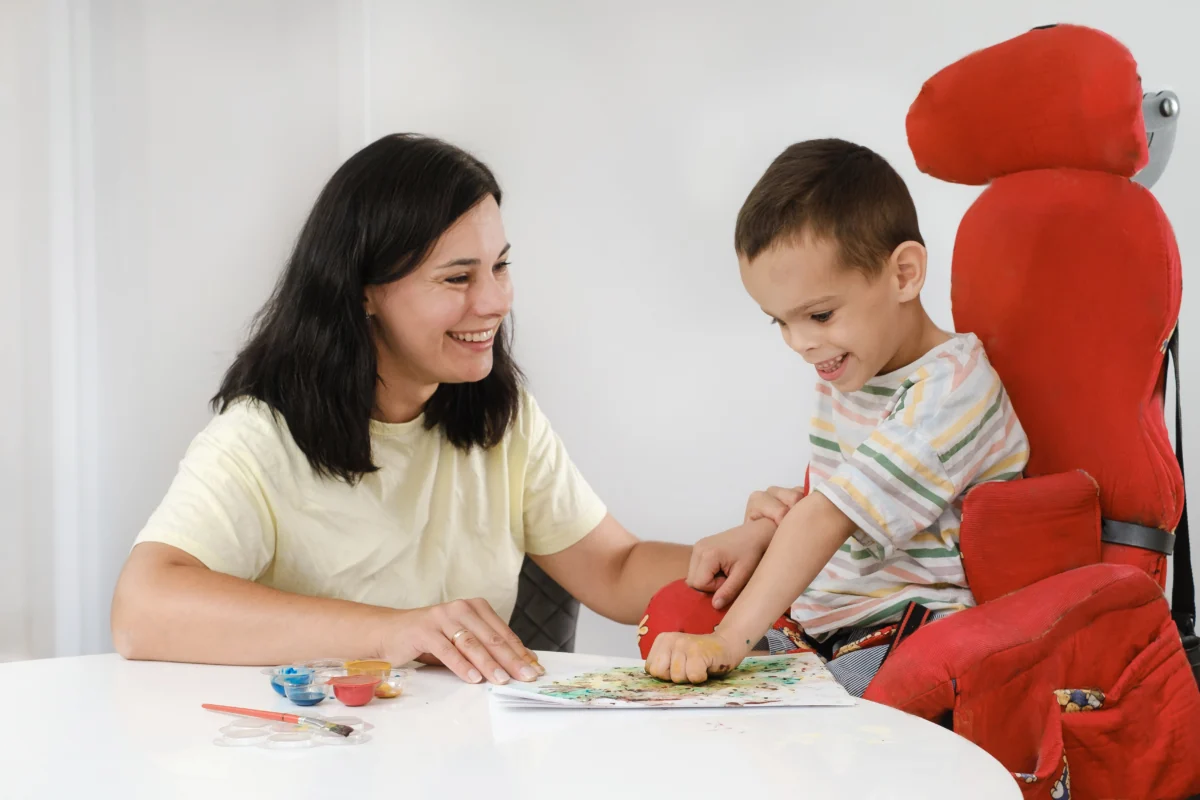
SENSORY IMMATURITY
Sensory immaturity is one of the common characteristics in people with autism. It affects the ability to process and respond to sensory stimuli such as sound, light, touch, smell, and taste. This condition can have a significant impact on the daily lives of individuals with autism.
Sensory immaturity can manifest differently in each person with autism. Some individuals may be hypersensitive to certain stimuli, while others may be hyposensitive or less sensitive. For example, one person with autism may be highly sensitive to loud noises and become overwhelmed in a noisy environment, while another person may not react to loud sounds at all.

This condition can hinder communication and social interaction for individuals with autism. For instance, if a person is hypersensitive to touch, they may avoid physical contact with others, affecting their ability to establish social relationships. Additionally, sensory immaturity can also affect their ability to process information and learn new skills.
It’s important to note that sensory immaturity is not a disability in itself, but it can contribute to the challenges faced by individuals with autism. Therefore, it’s crucial for professionals working with individuals with autism to understand how sensory immaturity can affect their daily lives and provide appropriate support.
There are many strategies that can help individuals with autism manage sensory immaturity. For example, occupational therapy techniques can be used to help them develop sensory skills and improve their ability to process sensory stimuli. Additionally, adjustments can be made to the environment to reduce exposure to certain sensory stimuli, or supportive tools like noise-canceling headphones can be provided.



